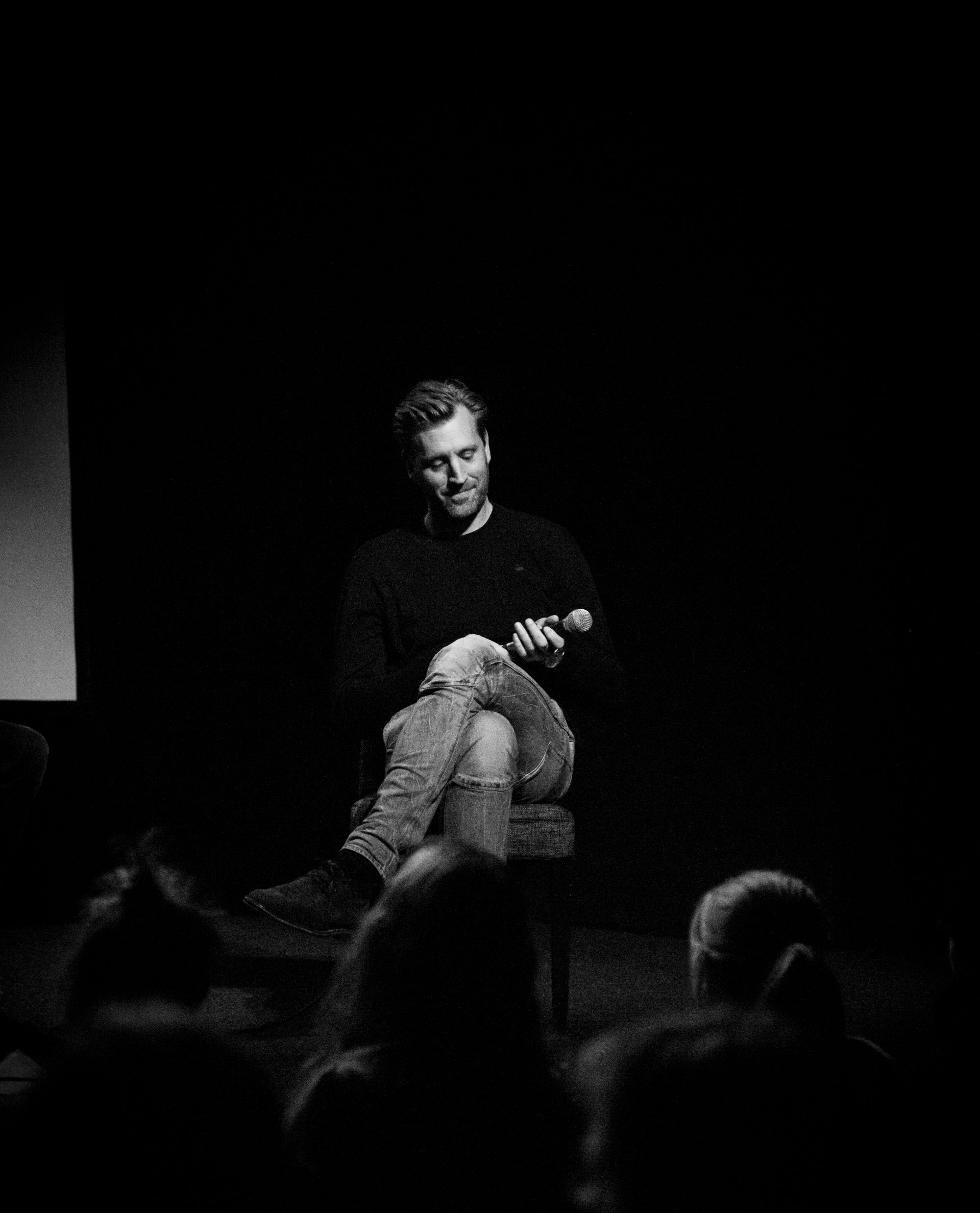A few years ago, when I was finishing my doctoral thesis, I remember devoting an entire summer to finalize the book by writing, erase, edit, write and finally complete not just the entire book but also the short acknowlodgments in the preface. I had been longing so much, after almost six years of work with the thesis, to sit at the final day and express the gratitude and love for those who had helped me getting through a rather complicated part of my life and above all, finish my dissertation.
Nowadays I’m getting closer to that special feeling again. The circumstances are different and yet not. I have been writing all summer. In three months I have almost reached the point where I sit with a draft of nearly 300 pages to a book on media technology and social change. The process of writing is very individual I suppose. To be able to create anything of use I need to be alone, isolated and appear in decadence. The people I love and care about hopefully await me and give me the space to focus. Aware of this egoistic approach to life I still argue for my notion that this is what I need to fulfil my professional dreams. And in order to be a good person in between these excentric and intense periods, I believe my journey through life sometimes must take the the road of selfcentered condition.
Seldom do I feel proud of my work. It is not the outcome of whatever I am doing (anyone can write a book which is just as good or bad as the ones I’m writing) – but it is the individual process of development and excitement for knowledge and ideas that satisfies me and hopefully erase anxiety over how readers will receive my work. I simply love the feeling of managing an idea, striving to develop it and finally witness it emerge from a quick sense of something into a full feathered argument or conclusion. That is what makes working hours, and to a large extent my leisure, so thrilling.
So here I am, in the middle of nowhere this weekend, in this minute writing on transformed power structures in the world of politics and media, trying to grasp the fascinating history of our time and to make my own interpretation of it. It is a struggle on time, a struggle on my low confidence. But above all, it is a strange feeling of handling the pressure and at the same time convince myself that what I do is actually quite ok in the end. That feeling of overcoming something, I suppose it makes one stronger for future challenges.
Back to work.
